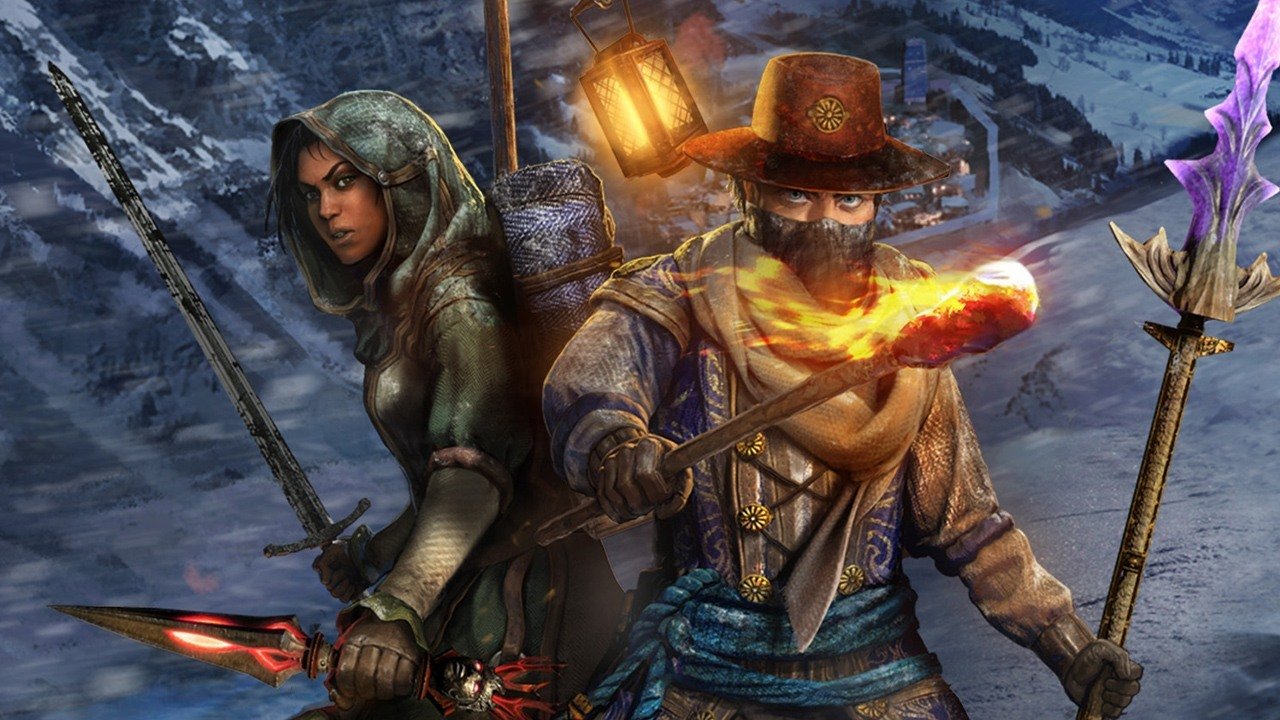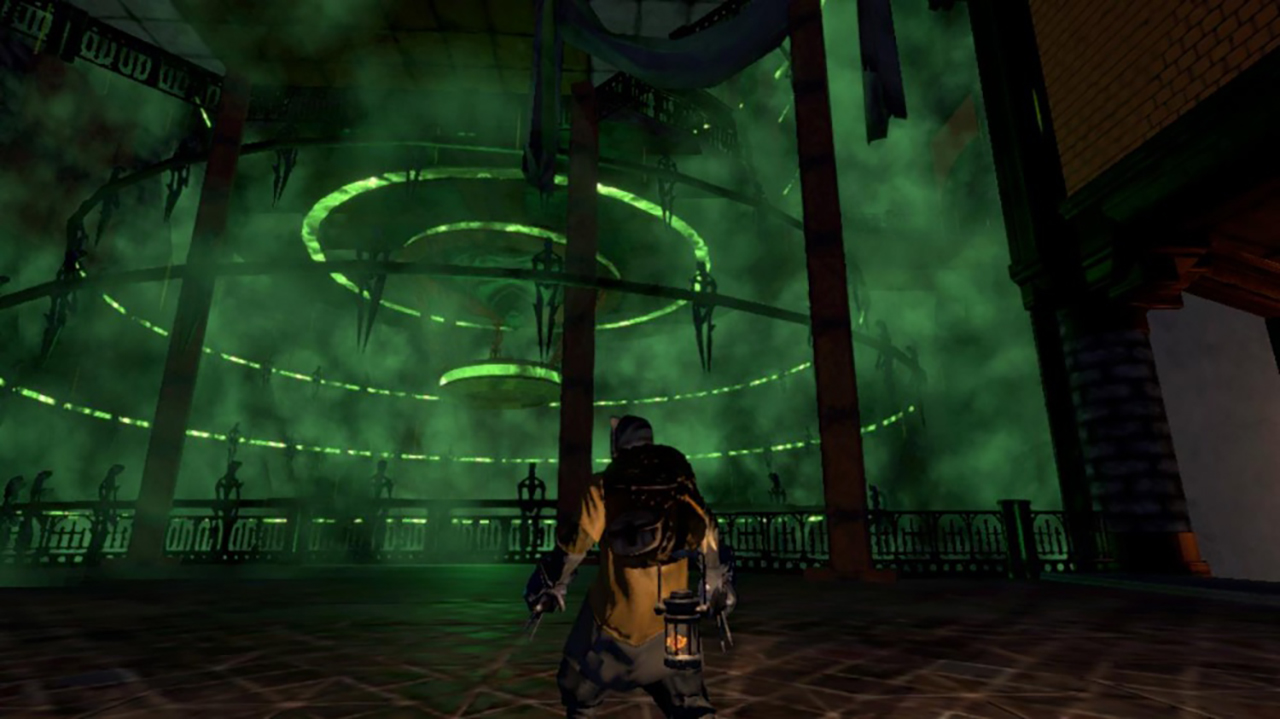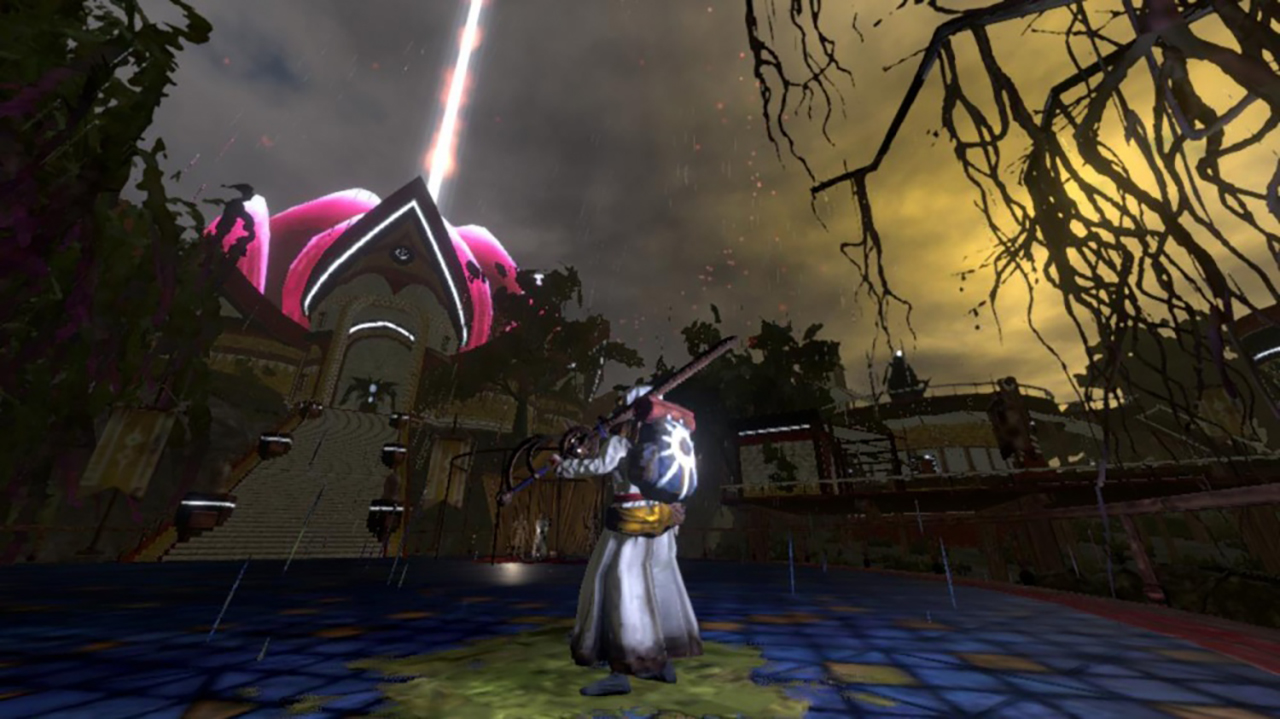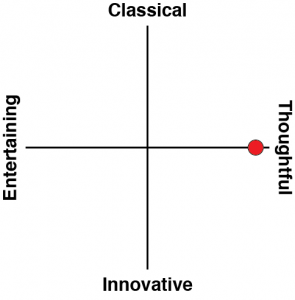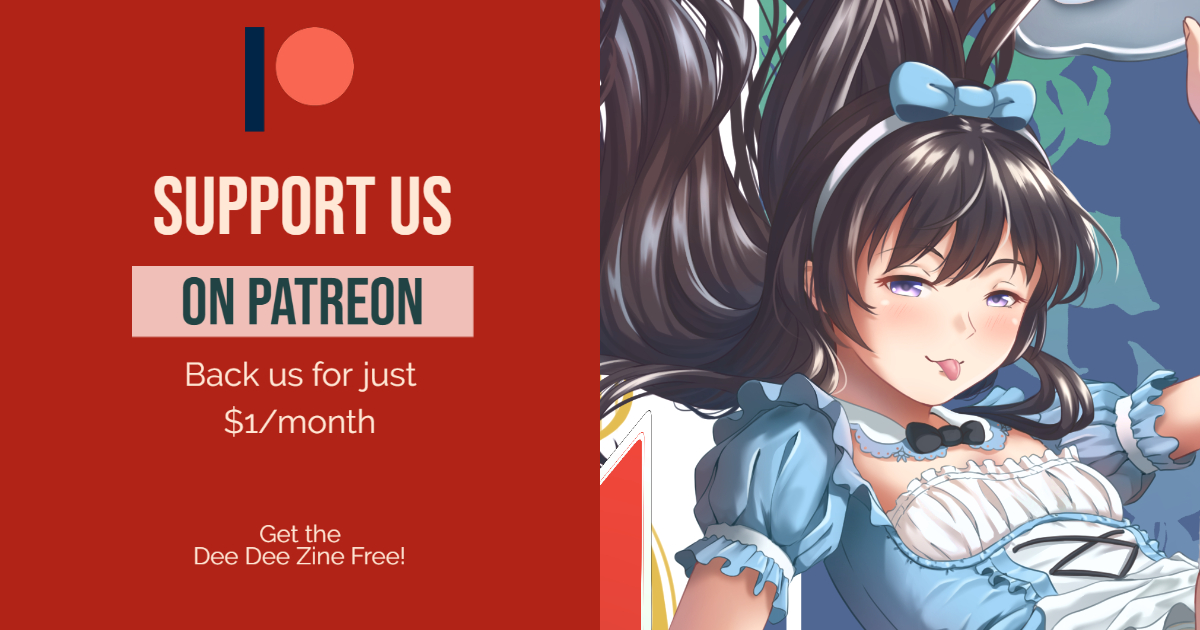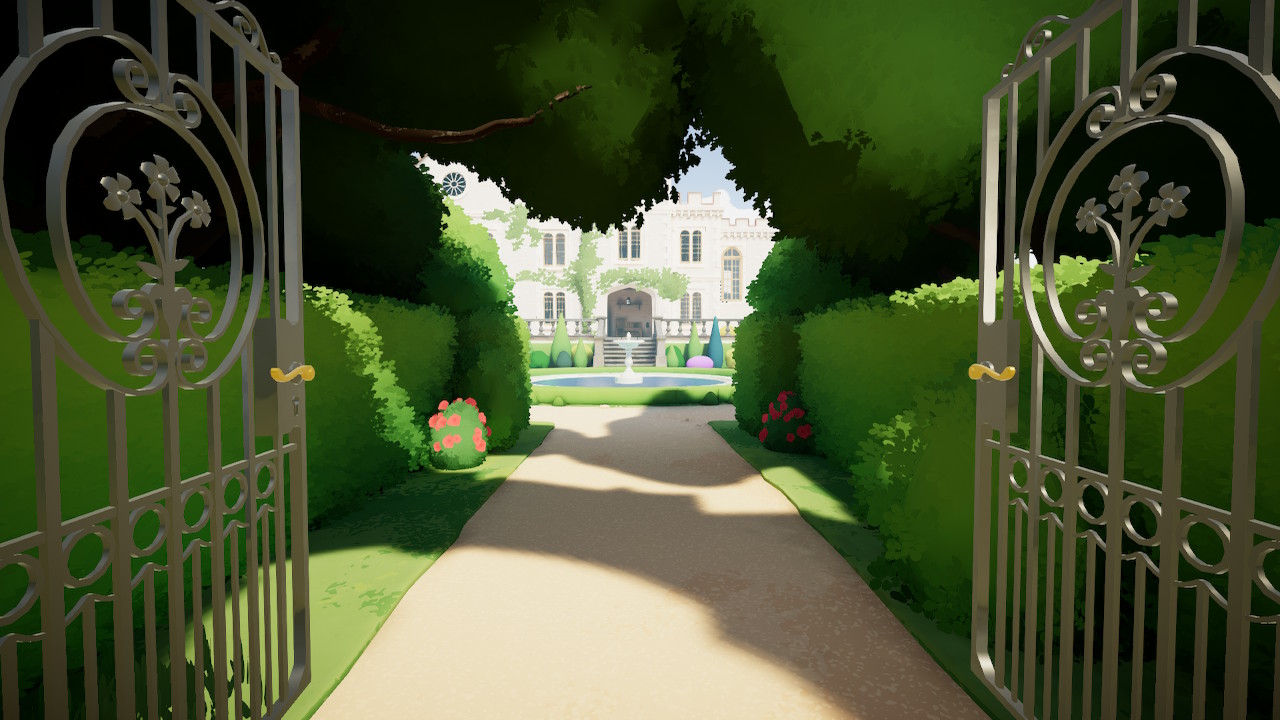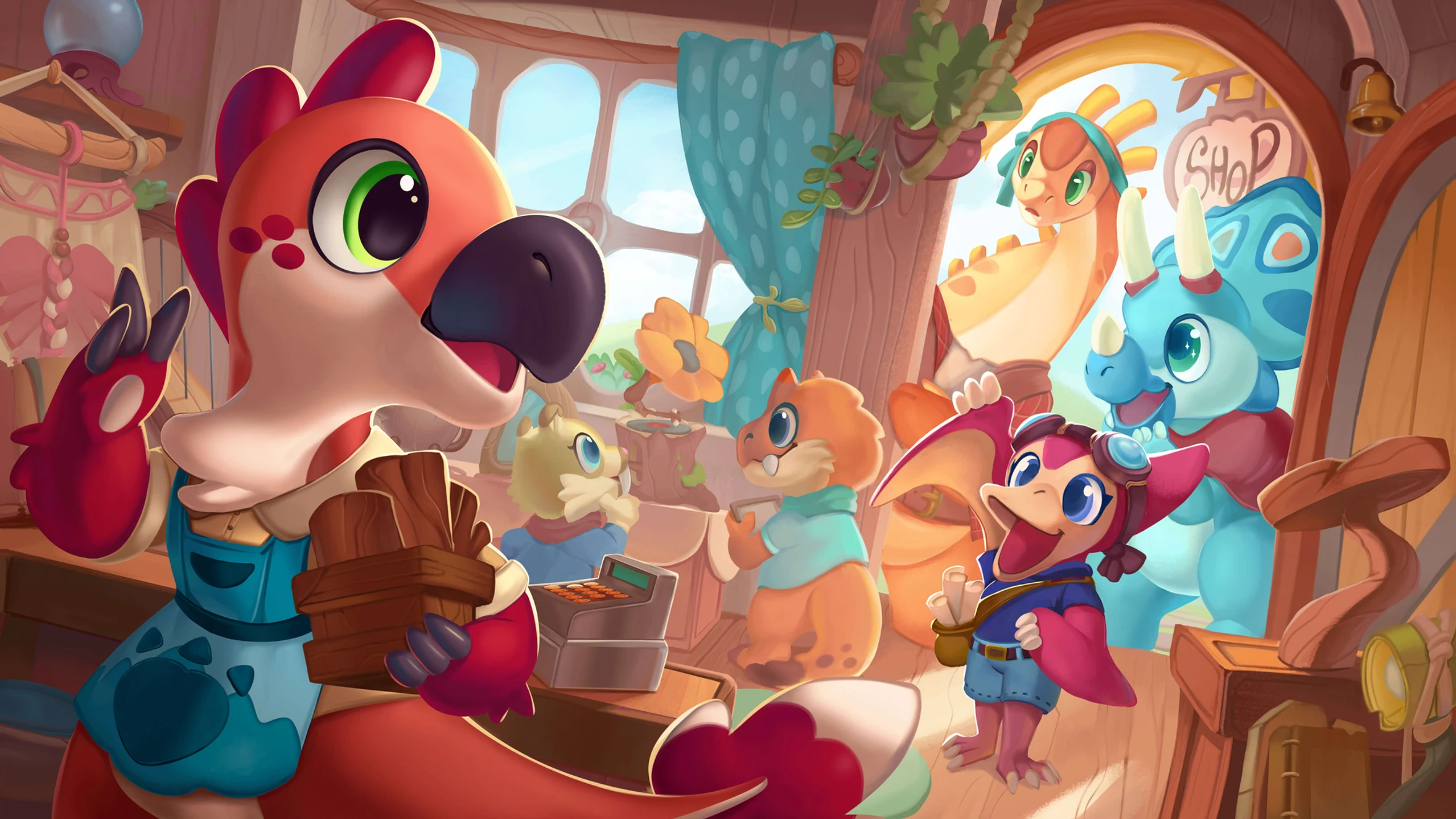I cannot think of a worse possible time to release Outward Definitive Edition on Nintendo Switch than right now. Just weeks after the almost shockingly similar-themed Dragon’s Dogma 2. One’s an JRPG, the other is a survival-style RPG, but they both want to be the same thing, and the former really highlights the weaknesses of the latter. On a console that clearly cannot handle something like this without an optimisation team of some incredible quality (i.e. the team that ported Witcher 3 to Switch, basically). Outward has some merits, but you’re really got to squint to find them.
Having not played Outward before I was curious about it. It promised a big, open world where you were basically free to carve out your own destiny. And it promised to be a stiff challenge. Now, in fairness to the game, it is both of those things. Run into the wrong thing at the wrong time and you’ll have all kinds of holes punched into you. The game is also firmly committed to not holding your hand. At the start, you’re told that you’ve got just a couple of days to pay back a debt or you’re going to be run out of town and your home. If only it were that easy for the townsfolk in the real world to unite and kick out the wealthier landlords. Anyhow, I digress.
Aside from being told that you can either venture out and try to find a treasure hoard, or complete missions for the townsfolk so they like you again, Outward doesn’t give you much more than a backpack and a stick to help you out.
Of course, unlike many RPGs, that backpack is more than just a practical tool. It’s symbolic of your one and only piece of characterisation – that you’re an intrepid explorer and there’s a bit world out there, filled with danger, to explore. Keep your food in good supply and eat it before it rots, or you might end up as the next Burke and Wills. Make sure you keep your equipment in good condition, and upgrade as your can, or you’ll become the next James Cook. Of course, just like those explorer, you’re going to need to also push your boundaries, because the good loot, fame and glory all hide behind the greatest risks. Adventuring is not a career path for the meek.
However, make sure you’ve got a lot of patience and dedication, else your Switch will suffer a case of a hammer to the screen. The big problem with making a difficult game is that it’s really important that it plays well and is fair. Outward’s biggest problem is that combat is poor. The controls are loose and imprecise, and there’s no tactical depth to it. Going from the chaotic brilliance of Dragon’s Dogma 2, or the taut elegance of Elden Ring, to this is a big step back. It’s almost Eurojank in quality, and that could be a good thing. I love Greedfall and Elex so much it’s not funny. The problem is that unlike the good Eurojank RPGs from the likes of Spiders or Piranha Bytes, Outward doesn’t have an interesting story or world to explore to make up for the jank and keep you committed to it. It relies far too much on its combat for a game that doesn’t do that well.
The other big problem the game has is simply to do with the Switch. Outward looks so raw on this console. For a game that frequently displays vistas that stretch far into the distance, anything that is further than a few body lengths from your protagonist loses almost all level of detail and looks more like a diorama model than an environment that you’re meant to be exploring. Character models are also limited, and amazingly the game looks better in screenshots than it does in motion, because animation is very stilted.
The Switch can do open worlds, and games that give you a sweeping view for impact. Dark Souls looks excellent on Switch, as does Witcher 3, Xenoblade Chronicles, and Breath of the Wild and its sequel. But achieving this requires some serious optimisation work, and I don’t think the Outward team had the budget for that kind of work. I’ve seen screenshots on other platforms, and it looks far better than this, so be aware that you’d definitely playing something compromised if you play it on Switch.
More than anything else, though, Outward just plain and simple pales in comparison to Dragon’s Dogma 2, which just released on other consoles (and the original Dragon’s Dogma is on Switch). Those games also feature the big, open and difficult world with little hand holding and direction, but the difference is that in those games the world is full of oddities, randomness, and a kind of chaos that makes it feel alive. Outward, by contrast, comes across as static and constrained. In both Dragon’s Dogma 2 and Outward, an entire town can survive or be destroyed based on your actions, but in Dragon’s Dogma it happens organically, to the point that you might miss what’s going on entirely until it’s too late. Outward makes abundantly clear that you’re on a quest. It’s so painfully generic at times.
So, while Outward is certainly a port with limitations due to the platform, I’m not entirely sure I would have enjoyed it any more on any other console. Yes, there is a joy to being dropped in a big world and left to carve your own journey through it. Outward is a fundamentally appealing experience. The problem for Outward is that there other games that have done that with much more soul.
(By using this link, you support DigitallyDownloaded.net, which earns a small commission per sale)
